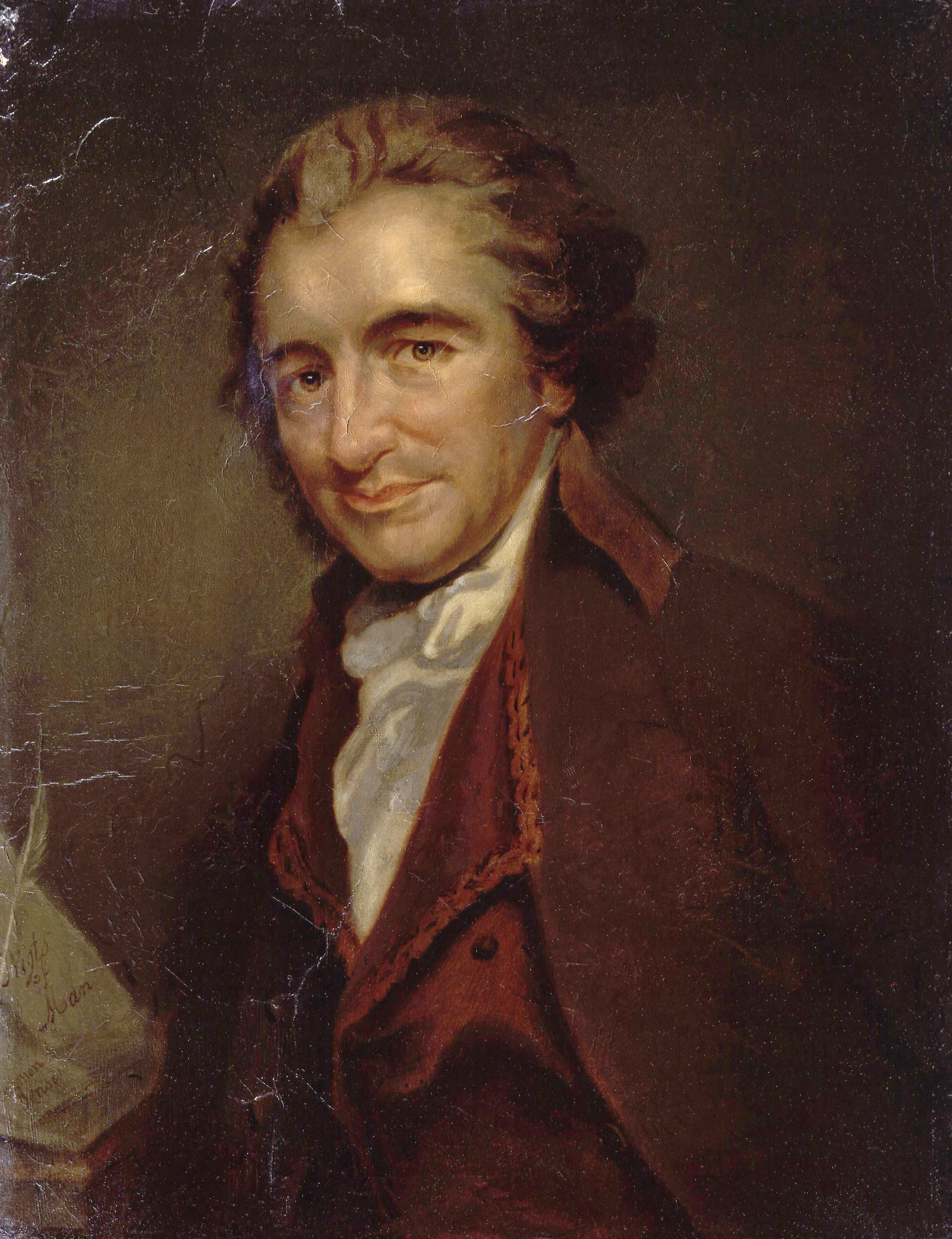Thomas Paine Collection • Home

The American Crisis
by Thomas Paine (1776-1783)- The Crisis No. I
- The Crisis No. II - To Lord Howe
- The Crisis No. III
- The Crisis No. IV
- The Crisis No. V - To General Sir William Howe
- To The Inhabitants Of America
- The Crisis No. VI - To The Earl Of Carlisle, General Clinton, And William Eden, ESQ., British Commissioners At New York
- The Crisis No. VII - To The People Of England
- The Crisis No. VIII - Address To The People Of England
- The Crisis No. IX - The Crisis Extraordinary (On The Subject Of Taxation.)
- The Crisis Extraordinary - On the Subject of Taxation
- The Crisis No. X - On The King Of England's Speech
- To The People Of America
- The Crisis No. XI - On The Present State Of News
- A Supernumerary Crisis (To Sir Guy Carleton.)
- The Crisis No. XII - To The Earl Of Shelburne
- The Crisis No. XIII - On The Peace, And The Probable Advantages Thereof
- A Supernumerary Crisis (To The People Of America)
IX.
- COMMON SENSE.
- C. S.